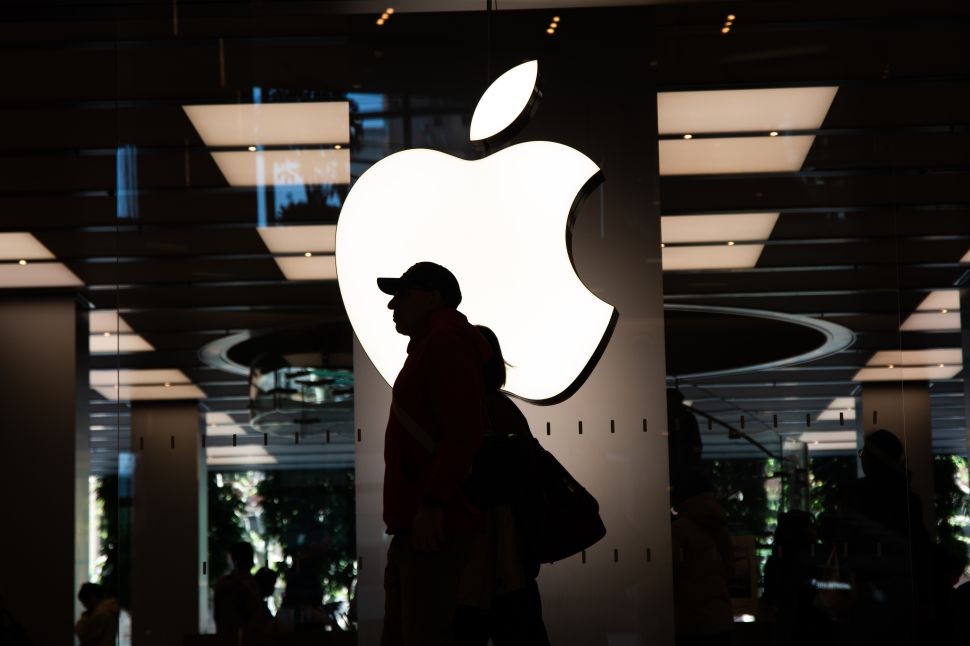To say it’s been two tumultuous weeks for the group of tech stocks dubbed the “Magnificent Seven” would be an understatement. Shares in Apple, Microsoft (MSFT), Nvidia (NVDA), Alphabet (GOOGL), Amazon (AMZN), Meta (META) and Nvidia have swung wildly in recent days as investors react to President Donald Trump’s volatile tariff announcements.
The Magnificent Seven fell sharply on April 2 after Trump unveiled his so-called “Liberation Day” tariffs, which enacted a blanket 10 percent levy and higher “reciprocal” tariffs for the U.S.’s largest trading partners. That same day, 25 percent levies on imported autos and auto parts also went into effect—causing a selloff across automobile stocks. Shortly after those reciprocal tariffs took effect, on April 9, the President announced that he would pause them for 90 days—except for China, whose tariffs were raised to 145 percent. Two days later, the administration said smartphones and a list of electronics manufactured in China would be exempt from the high tariffs.
The chaos has understandably caused tech stocks to ricochet. While the Magnificent Seven companies are particularly vulnerable to tariffs since three-quarters of their suppliers are located abroad, some have more to lose than others. Apple, for example, relies on China for the bulk of its iPhone production, while Amazon’s e-commerce business sources heavily from overseas.
Here’s a look at how the Magnificent Seven has fared in recent days:
Apple: down 10 percent since April 2
Apple’s hardware-centric business makes it especially vulnerable to trade barriers. The iPhone maker’s share price fell 23 percent in the days following April 2. Its shares rebounded on April 9 along with the broader market after Trump’s 90-day reprieve spared manufacturing hubs like India, which produces 15 percent of all iPhones, from high tariffs. Apple shares jumped again today (April 14) after most of its products were exempt from tariffs imposed on China, which currently produces around 90 percent of iPhones.
Microsoft: up 1.6 percent since April 2
Nvidia: up 1.8 percent since April 2
Amazon: down 8 percent since April 2
Amazon’s shares have fallen by a total of 7 percent in the past dozen days. Trump’s tariffs, especially his levies on China, are expected to hit the e-commerce giant hard as up to 70 percent of goods sold on Amazon are sourced from China. But Amazon isn’t completely reliant on e-commerce—its cloud unit AWS accounts for around half the company’s profits and won’t be as impacted by the administration’s levies as Amazon’s physical goods business.
Meta: down 9 percent since April 2
Alphabet: up 1 percent since April 2
Like Meta, the Google parent company’s revenue primarily comes from advertising and software services. Its share price has been less volatile than some of its Big Tech peers, down 7 percent after “Liberation Day” and rebounded 10 percent after the reprieve was announced.

